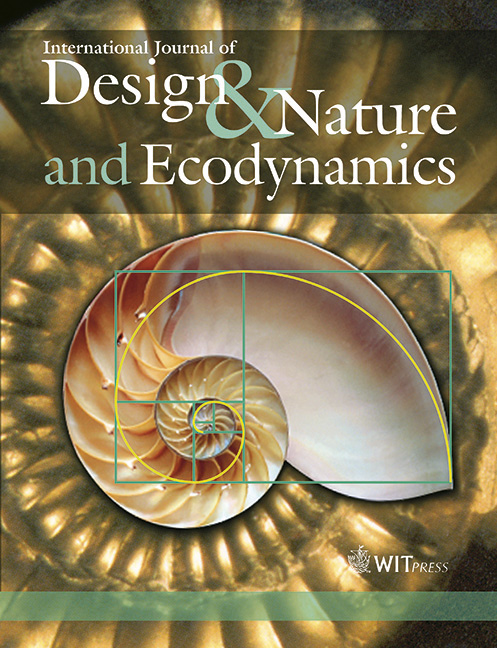Using a multi-agent system for supply chain management
Price
Free (open access)
Volume
Volume 11 (2016), Issue 2
Pages
8
Page Range
107 - 115
Paper DOI
10.2495/DNE-V11-N2-107-115
Copyright
WIT Press
Author(s)
L. C. M. PERERA & A. S. KARUNANANDA
Abstract
Supply chain management (SCM) is a well-known example of a complex system. Classical computing technologies have shown little success in modeling complex systems. However, a large body of research in multi-agent system (MAS) technology has demonstrated how complex systems can be modeled to generate smart solutions, which could not be done otherwise. We have researched on the design and development of MAS for SCM. In this solution, each phase in the supply chain has been developed as an agent enabling communication, coordination and negotiation among the agents to achieve intended business goals. The study investigated decentralized collaborative planning architecture and agents are attached to different containers of the system. The containers have been implemented using a Java Agent Development Framework (JADE) and consist of diverse methods to support collaboration in the supply chain environment. Agents have different behaviors and their decisions are based on defined ontology. The identified key roles in the supply chain are raw mate- rial suppliers, manufacturers, distributors and retailers. They perform autonomous tasks with collaboration to accomplish final customer satisfaction
Keywords
multi-agent system, supply chain management




